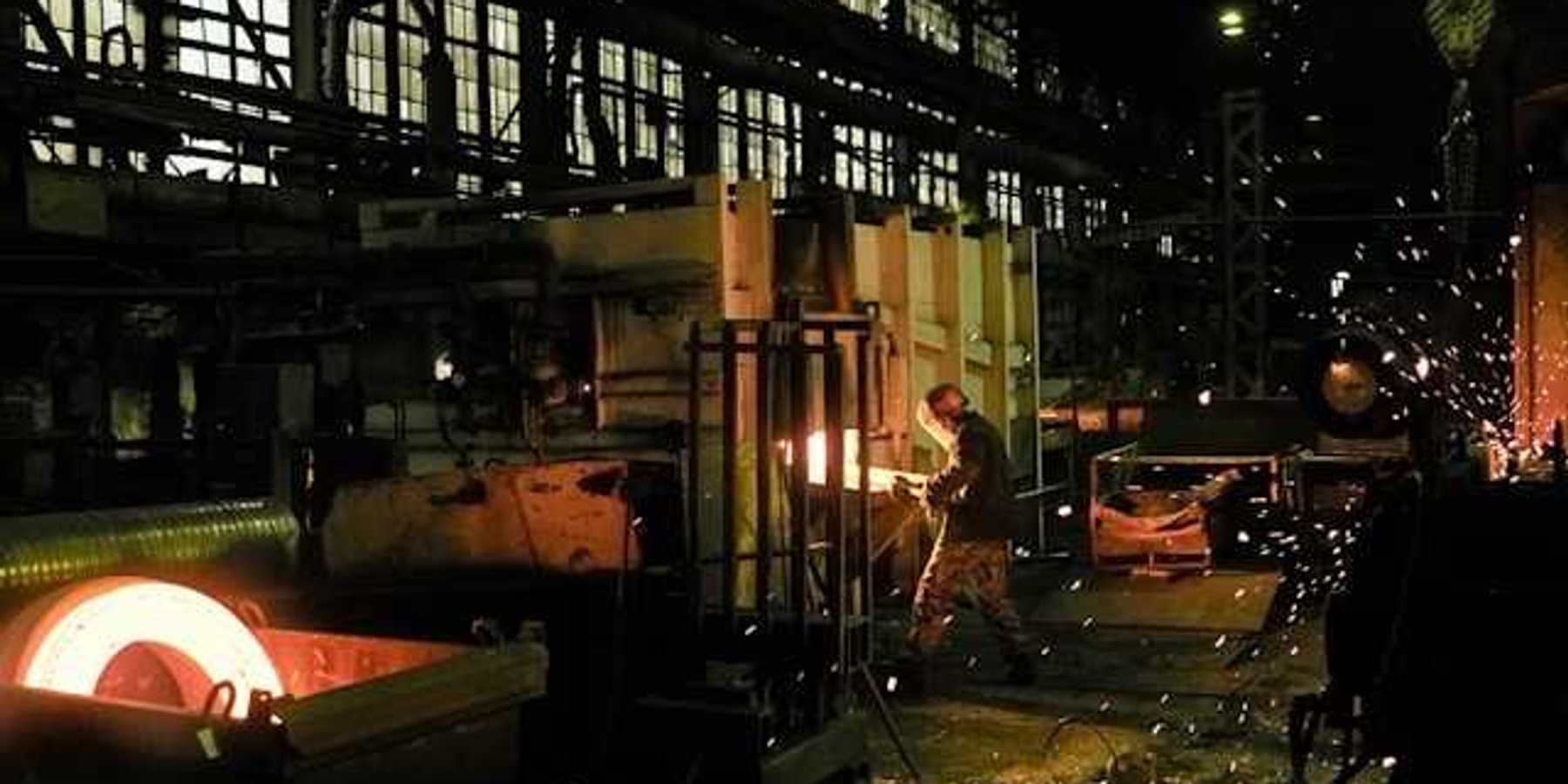Germany's solar panel makers face tough competition and policy challenges
In a rapidly evolving energy sector, Germany's solar panel manufacturers are navigating a competitive landscape shaped by low-priced Chinese imports and stringent U.S. trade policies, even as the demand for renewable energy sources surges.
Melissa Eddy reports for The New York Times.
In short:
- Germany, once a pioneer in solar energy production, now struggles against China's dominating low-cost production and U.S. protectionist measures.
- German manufacturers advocate for government incentives to sustain the industry, emphasizing the environmental and reliability benefits of local production.
- Europe's heavy reliance on imported solar panels has intensified debates about trade protectionism and the future of domestic manufacturing in the renewable energy sector.
Key quote:
“While other countries such as the United States and China are strongly promoting the establishment and scaling up of solar gigafactories, the German government has yet to take concrete action.”
— The German Solar Association
Why this matters:
On one hand, the availability of inexpensive Chinese solar panels has been a boon for the solar installation sector, contributing to a surge in solar energy adoption by making it more financially accessible to a broader population. However, this pricing disparity has put pressure on American and European manufacturers, who argue that they are at an unfair disadvantage due to China's state-backed subsidies and lower labor costs.













